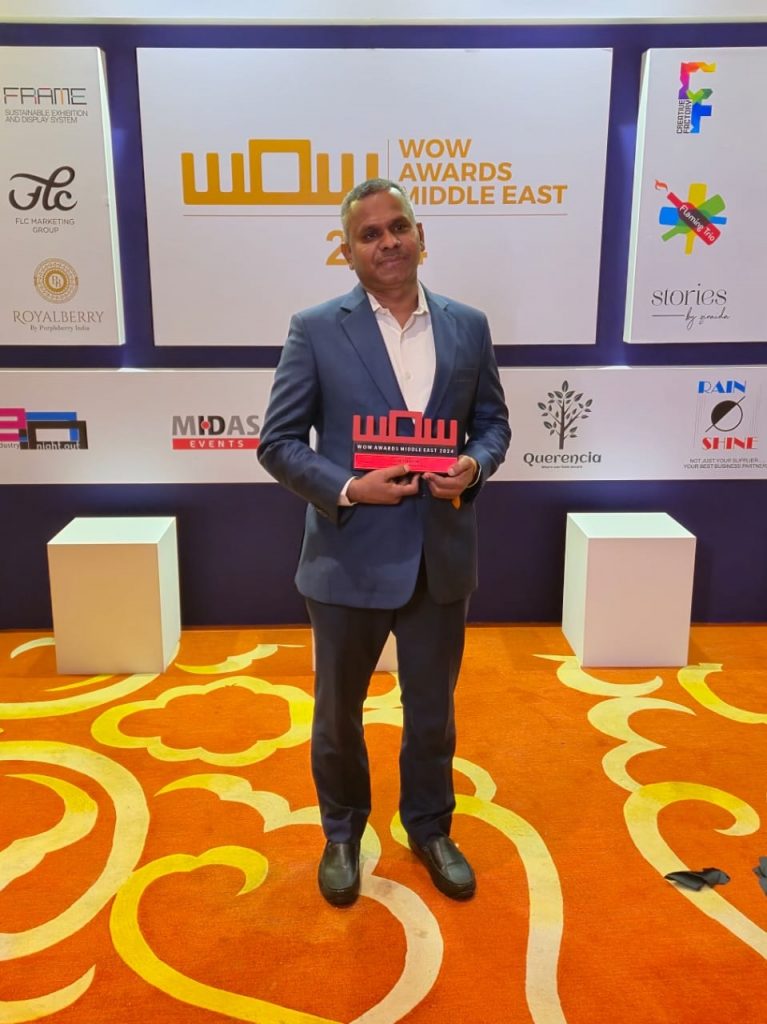LAND FOR A CAUSE!
HELLO everyone! We are a few families in Goa who want to live on the land and grow our own natural food. So we are looking to buy or lease 15-10 acres of land for this at least 10 kms away from the coastal area. Bigger land is welcome, then we can invite more like-minded friends to it. Please call or message me if you know of such land in Goa.
—Darryl D’souza, Goa

UNJUSTIFIED INCREASE IN ELECTRICITY TARIFF
WE at the Goa Chamber of Commerce and Industry (GCCI) have submitted detailed suggestions to the Joint Electricity Regulatory Commission (JERC) regarding the draft “Generation, Transmission, and Distribution Multi-Year Tariff (MYT) Regulations 2024.” These regulations will serve as the basis for determining power tariffs in Goa from the financial year 2025-26 to 2029-30. The draft document outlines norms for tariff determination, with a proposed extension of the MYT control period from three to five years.
GCCI Director General Sanjay Amonkar shared the organization’s feedback, highlighting several key concerns and recommendations for the upcoming regulatory framework.
Return on Equity (ROE) Too High: The proposed return on equity is set at 15.5%, plus an additional 325 basis points, totaling 18.75%. GCCI strongly opposes this high rate, particularly for a government-owned utility. Mr Amonkar pointed out that the electricity department enjoys a good credit rating and can secure loans at more favorable rates. He argued that a more reasonable rate of return on equity would be 11%, with no additional basis points, to prevent an undue burden on consumers. “Goa is not a highly industrialized or urban utility, and this high return on equity will unnecessarily inflate tariffs,” Amonkar stated.
Flexibility Needed in MYT Period: GCCI expressed concern over the rigid nature of the MYT period, as outlined in Para 9.7. Considering Goa’s heavy dependence on tourism, which can fluctuate due to external factors such as pandemics or economic shifts, GCCI emphasized the need for flexibility in tariff adjustments to reflect changing demand patterns.
Prudence Check Methodology: GCCI called for greater transparency in the methodology used for the “Prudence Check” (Para 22.2). Specifically, the organization recommended that the reasons for capital expenditure and the identification of beneficiaries should be clearly outlined.
Loan and Interest Rates: Regarding interest rates on loans (Para 28.4 and 63), GCCI recommended that, given the department’s status as a government entity, the interest rate should be at least 100 basis points below the State Bank of India’s Marginal Cost of Funds-based Lending Rate (MCLR).
Working Capital Provisions: The draft regulations consider two months’ worth of receivables in the calculation of working capital (Para 60). GCCI proposed revising this figure downward, particularly as Goa transitions to prepaid meters, which would result in reduced receivables.
GCCI will provide further inputs once the Business Plan, expected to be released by October 31, is made available for review. The chamber remains committed to ensuring that the tariff regulations are fair, equitable, and reflective of Goa’s unique energy landscape.
A copy of this representation has also been sent to the Power Minister of Goa, Power Secretary and Chief Electrical Engineer of the Electricity Department for their information.
—GCCI, Panaji
SIMPLE LOGIC
SINCE the present BJP government is saying they have not given licenses to Bhutani, then why are they protecting the violators by giving them police protection? Who are the liars trying to fool?
—VLADIMIR de Monte Furtado, Panjim.
